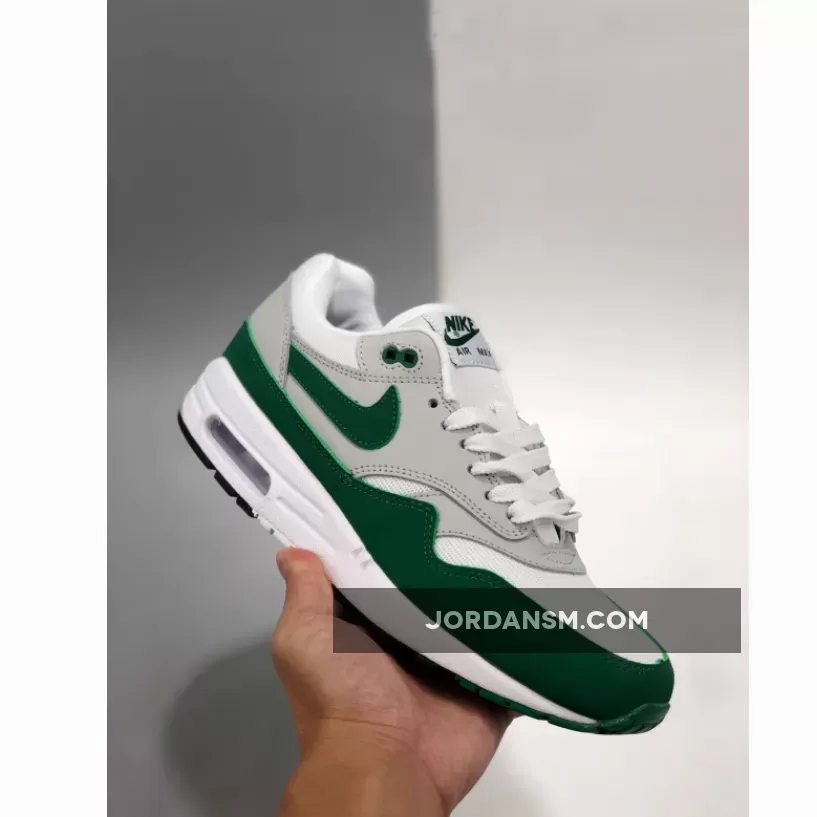When it comes to purchasing high-end sneakers, especially limited edition designs like the Nike Air Max 1 Anniversary, it’s essential to ensure that you’re getting your hands on an authentic pair. Unfortunately, counterfeiters have made it a lucrative business to produce fake shoes that can fool even the most discerning eye.
As a sneaker enthusiast, you want to make sure that your new kicks are genuine and meet the manufacturer’s quality standards. In this post, we’ll explore some simple yet effective ways to verify whether your Nike Airs are authentic or not.
Check the SKU Number
One of the easiest ways to determine if your Nike Airs are real is by checking the SKU number on the box and comparing it with the one on the shoe’s packaging. Every pair of genuine Nike shoes comes with a unique SKU (Stock Keeping Unit) number that matches the one printed on the box. If the numbers don’t match, there’s a high likelihood that your Airs are fake.
Inspect the Tongue Label
Another telltale sign of an authentic Nike shoe is the tongue label. Fake manufacturers often use outdated sizing labels or omit them altogether to save time and costs. When you flip over the tongue of your Airs, ensure that the label is current and matches the size and style of the shoe.
Verify the Packaging
A genuine Nike box will always have a unique serial number printed on it, along with the SKU number. The packaging should also be pristine, with no signs of tampering or damage. If the box looks like it’s been sat in a dumpster for weeks, it might not be an authentic package.
Check the Sole
The sole is another area where counterfeiters often cut corners. Genuine Nike Airs will have a smooth, consistent finish on the outsole, while fake shoes may have a rough or uneven texture. Inspect the sole carefully to ensure that it’s free from any imperfections or manufacturing flaws.
Examine the Upper
The upper material of an authentic Nike Air should be soft and supple, with no signs of cheap stitching or glue. Fake shoes often use lower-quality materials that can be prone to cracking or peeling over time. When you flex the shoe gently, it should have a slight “give” without feeling too stiff or rigid.
Feel the Weight
A genuine Nike Air is built to last, and as such, it will feel substantial in your hand. Fake shoes often use lighter materials to reduce production costs, making them feel flimsy or insubstantial when compared to authentic pairs.
Try Them On
This might seem obvious, but trying on your Nike Airs before purchasing is essential. A genuine shoe should fit comfortably and snugly around your foot, with no signs of excessive stretching or compression. If the shoes don’t feel right, it’s likely because they’re fake.
Buy from Reputable Retailers
Finally, when shopping for new sneakers, make sure to buy from reputable retailers like Nike official websites, authorized dealers, or established sneaker stores. These sources are less likely to carry counterfeit products than online marketplaces or shady street vendors.
In conclusion, verifying the authenticity of your Nike Airs is crucial in ensuring that you’re getting a high-quality product that meets your expectations. By checking the SKU number, inspecting the tongue label, verifying the packaging, examining the sole and upper, feeling the weight, trying them on, and buying from reputable retailers, you can rest assured that your new kicks are genuine and made to last.
 Buy From: Goat Air Max 1 Nike Air Max 1 Anniversary Hunter Green DC1454-100
Buy From: Goat Air Max 1 Nike Air Max 1 Anniversary Hunter Green DC1454-100